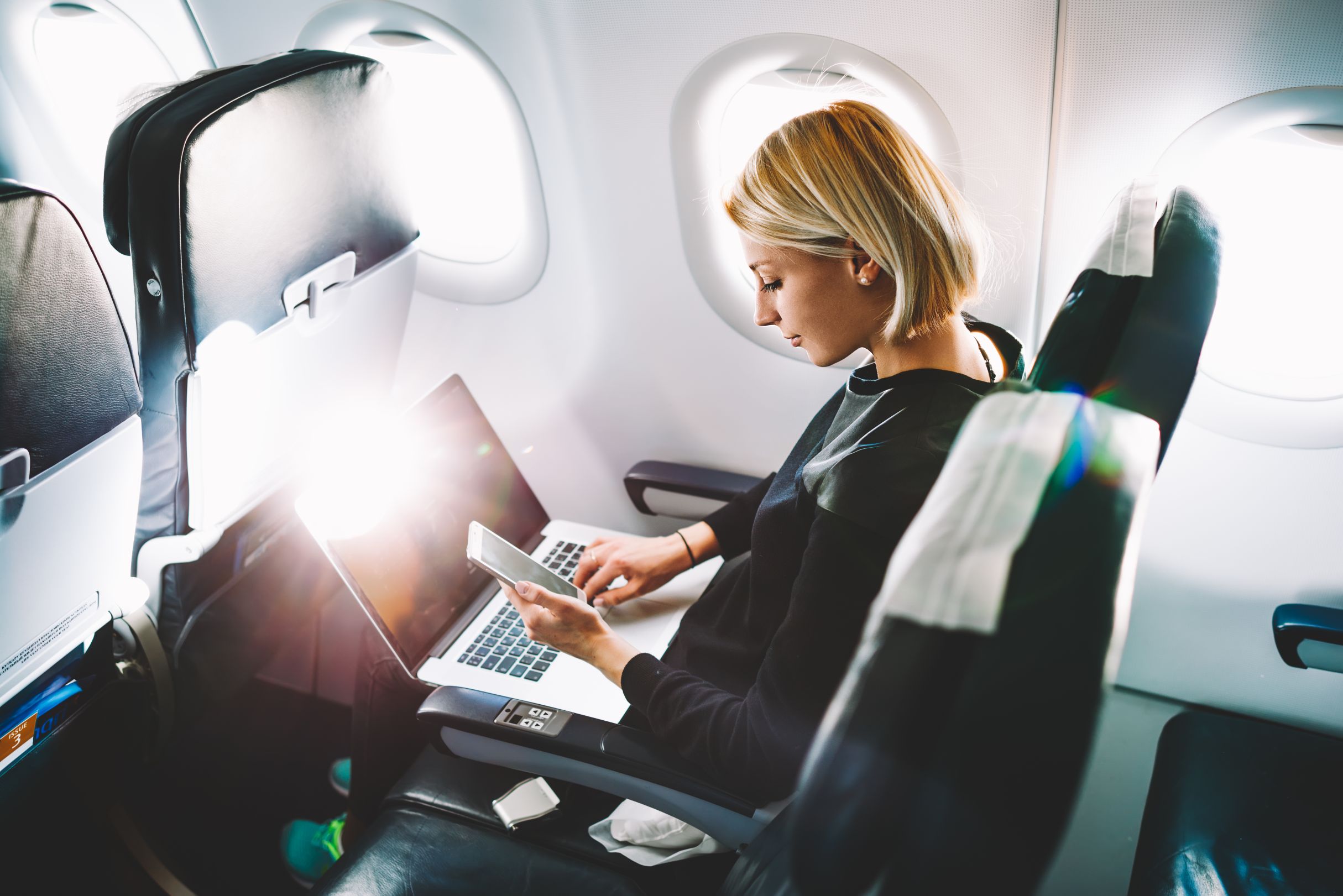A new report from Mastercard highlights the key trends set to shape the future of the tourism and aviation industries by 2025.
Among the standout insights: a shift from a product-driven economy to an experience-focused one, growing traveler preference for independent trip planning powered by smart technology, a rising demand for cost-effective destinations offering greater value, and an increased focus on sustainable travel.
The report also emphasizes the substantial economic influence of major global events and the continued rise of the "bleisure" trend — blending business and leisure travel as more professionals embrace flexible, remote work lifestyles.
Independent and Digital Planning
One of the report's key findings is the sharp move towards self-managed travel by tourists, utilizing smart technology. About 83% of travelers today prefer to plan their trips independently, relying on AI tools and smart apps that provide personalized recommendations in real-time.
Value for Money - Preference for Affordable Destinations
The report shows a growing tendency for tourists to select destinations with low living costs. Approximately 50% of respondents indicated that they deliberately seek cheaper destinations than their own country. This trend is also reflected in the culinary field, with increased demand for street food over luxury restaurants. Destinations in Eastern Europe, such as Bucharest, Warsaw, Budapest, and Prague, are benefiting from the growth in the number of tourists seeking higher value for their money.
Sustainability - No Longer Just a Slogan
71% of respondents expressed a desire to leave the destination they visited in a better condition than they found it, encouraging countries to invest in sustainable tourism. Spain, for instance, is developing green marketing strategies, with 70% of tourists willing to pay 5% more for environmentally friendly travel experiences, although many mention that they lack accessible information on the topic.
Major Events - An Economic Engine for Tourism
The report highlights the economic impact of major international events. An analysis of Taylor Swift's appearances during "The Eras Tour" in the U.S. found that on concert days, spending on restaurants near the stadiums rose by 68%, and hotel expenses increased by 47%. These figures illustrate how cities can leverage mega-events to boost local revenue.
 Photo: Shutterstock
Photo: ShutterstockBleisure - Where Business and Leisure Intertwine
Another trend gaining momentum is the combination of business travel with leisure ("Bleisure"). 75% of business travelers currently incorporate a vacation during their work trips, focusing on unique experiences. Generation Z and millennials are leading this trend, with 43% of them planning to include leisure activities in their business meetings.
Many countries are recognizing the trend and responding accordingly: Scotland is promoting unique tourism routes that include a historic steam train and stays in ancient castles, while India has launched a platform for personalized experiences such as private yoga lessons and culinary food tours. Consequently, there has been a 12% increase in tourism spending on nightlife.

